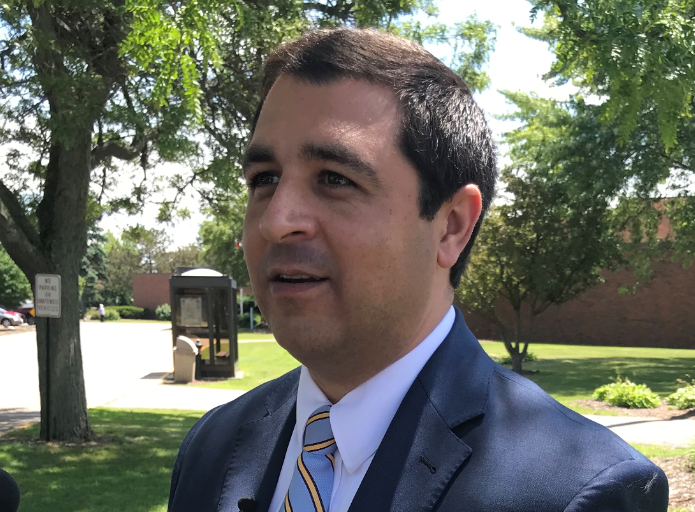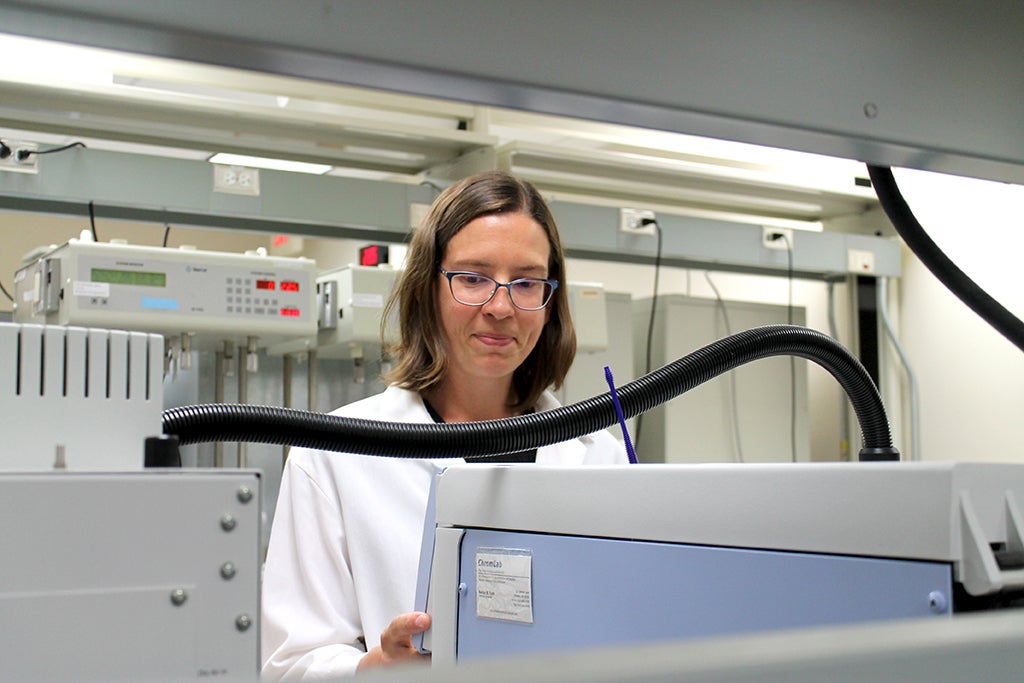Wisconsin’s growing meth epidemic presents new challenges to law enforcement, state Attorney General Josh Kaul said Tuesday in Wausau.
Twenty percent of 2018 drug cases at state crime labs involved methamphetamine, up from only 6 percent in 2010, according to the Wisconsin Department of Justice. Kaul called methamphetamine use a growing problem across the state, where authorities have spent years working to combat an epidemic of addiction to heroin and other opioids.
“When you enforce the laws that relate to one particular narcotic, it’s true that other dangerous ones can pop up,” Kaul said.
News with a little more humanity
WPR’s “Wisconsin Today” newsletter keeps you connected to the state you love without feeling overwhelmed. No paywall. No agenda. No corporate filter.
Kaul spoke to news media after a visit to an addiction treatment center. He said state law enforcement would need to target traffickers of both drugs. He noted opioid overdoses claimed 900 lives in Wisconsin in 2017. Expanded addiction treatment options, he said, are a necessary part of the solution.
“There are people who have addictions to opioids, to meth and other drugs, and we need to make sure we are doing what we can to get those people substance abuse treatment so that there aren’t the worst possible consequences that result, and instead people are able to beat their addictions and get back on their feet.” he said.
Kaul also spoke in favor of medical marijuana, saying he’d rather see patients dealing with chronic pain be prescribed marijuana than opioid drugs. As attorney general, Kaul joined four other states in filing suit against two Purdue Pharma entities and against Richard Sackler, the company’s former president. The states claim Purdue’s advertising strategy was intentionally deceptive.
“One of the things we’ve alleged in our complaint … is that there was a concerted effort to mislead the public and prescribers about the dangers of opioids — to overstate the benefits of opioids and to downplay the harms that they cause,” Kaul said.
Part of efforts to counter the epidemic, he said, is to ensure the public has accurate information about the risks of any drug they are prescribed.
Wisconsin Public Radio, © Copyright 2026, Board of Regents of the University of Wisconsin System and Wisconsin Educational Communications Board.







